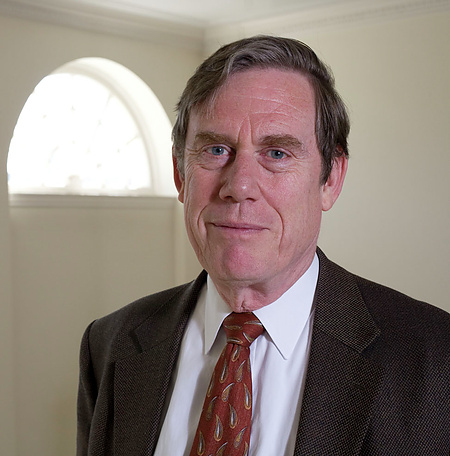What if there was a way to save hundreds of lives and reduce the loss of billions of dollars if a major earthquake occurred in California or a big volcano erupted in Yellowstone National Park? Imagine integrating energy sciences, earth sciences, and bioscience to find a sustainable energy resource? Could we better mitigate the climate change impact to coastal zones and islands around the globe with a clearer understanding of the evolution of the Earth? These 21st-century challenges require deep understanding of how the phenomena are linked in space and time, as well as trailblazing new thinking, methodology, and tools.
On September 15, 2013, the National Science Foundation (NSF) Industry & University Cooperative Research Center (I/UCRC) Program funded three universities to establish the I/UCRC for Spatiotemporal Thinking, Computing, and Applications to research potential solutions to address such challenges. The three collaborating universities—University of California at Santa Barbara (UCSB), George Mason University (Mason), and Harvard–will each take the leadership in thinking, computing and application respectively. Numerous government and industry sponsors are included as partners in the research. See www.stcenter.net.
Led by Chaowei Yang (Mason, director), Keith Clarke (UCSB, co-director), and Peter Bol (Harvard, co-director), the US NSF Spatiotemporal Innovation Center is projected to receive more than $2 million/year from agencies and industry to conduct transformative research and development that could help us come up with solutions to those grand challenging issues. Michael Goodchild, emeritus professor of geography at UCSB, serves as the science advisory committee chair. Through long-term investigation and expansion to other qualified and complementary universities, the center is targeted to build the national and international spatiotemporal infrastructure to advance a) human intelligence through spatiotemporal thinking, b) computer software and tools through spatiotemporal computing, and c) human capability of responding to deep scientific questions and grand engineering challenges through spatiotemporal applications.
Site Directors:
- Mason Site: Chaowei Yang (cyang3 at gmu.edu) and Paul Houser (phouser at gmu.edu)
- UCSB Site: Keith Clarke (kclarke at geog.ucsb.edu) and Jeff Dozier (dozier at bren.ucsb.edu)
- Harvard Site: Peter Bol (pkbol at fas.harvard.edu) and Wendy Guan (wguan at fas.harvard.edu)
Center website: www.stcenter.net; NSF I/UCRC program website: www.nsf.gov/eng/iip/iucrc/
Editor’s note: the news release above was hammered out by the Directors of the I/UCRC Program.




